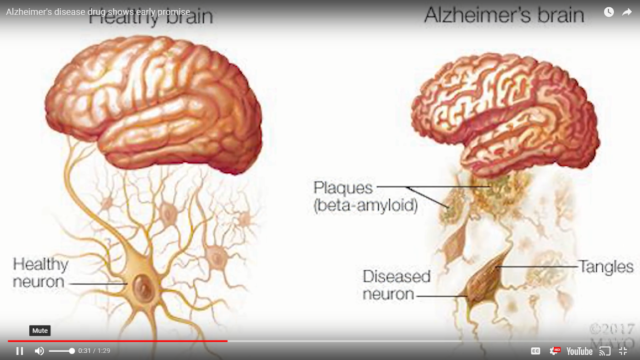
Alzheimer’s disease is the most common form of dementia, affecting millions of families. There is no cure or way to prevent Alzheimer’s disease, but there is a worldwide effort to delay its onset, slow its progression and find a cure.
Leading scientists from around the world are gathering at the Alzheimer’s Association International Conference in Chicago this week. Dr. Ronald Petersen, director of Mayo Clinic’s Alzheimer’s Disease Research Center, will attend the conference and says there is already one study receiving attention. Ian Roth has this report.
One in 10 Americans over 65 is living with Alzheimer’s disease.
“It’s the most costly disease to our society right now. It exceeds cancer, it exceeds heart disease with regards to costs to society,” says Dr. Petersen.
There is no cure for Alzheimer’s disease — only medications to help treat the symptoms. And, now, there is news about a drug that may slow the progression of the disease.
Dr. Petersen says he’s cautiously optimistic about BAN2401, an antibody that reduced amyloid accumulated in the brain during clinical drug trials.
“It was suggestive that this drug may, in fact, remove one of the toxic proteins from the brain that causes Alzheimer’s disease.”
Dr. Petersen says while it was a complicated trial design, the research is encouraging.
“It gives us a shot in the arm because there have been so many failures of major drug trials in the Alzheimer’s field in the last 10 years that when we see a positive signal like this moving in the right direction clinically and biologically, it’s encouraging.”
Dr. Petersen recommends exercise for the body and mind, along with a heart-healthy diet. “There is a fair amount of evidence that exercise, aerobic exercise — maybe some resistance training, as well — can actually slow the progression or delay the onset of clinical symptoms.”
Keeping intellectually active, staying socially involved and enjoying a Mediterranean diet – are ways Dr. Petersen says you can support brain health and possibly reduce the risk of Alzheimer’s.
Dr. Petersen has previously consulted for Biogen, the maker of BAN2401, but not on this study.
Video by Mayo Clinic[/vc_message]












